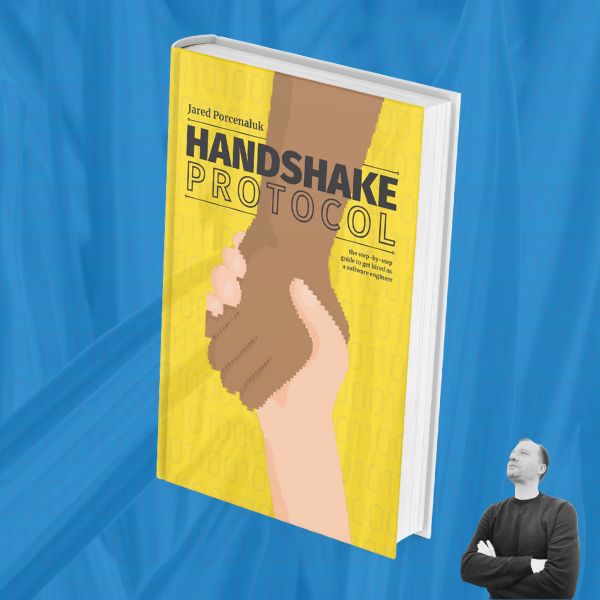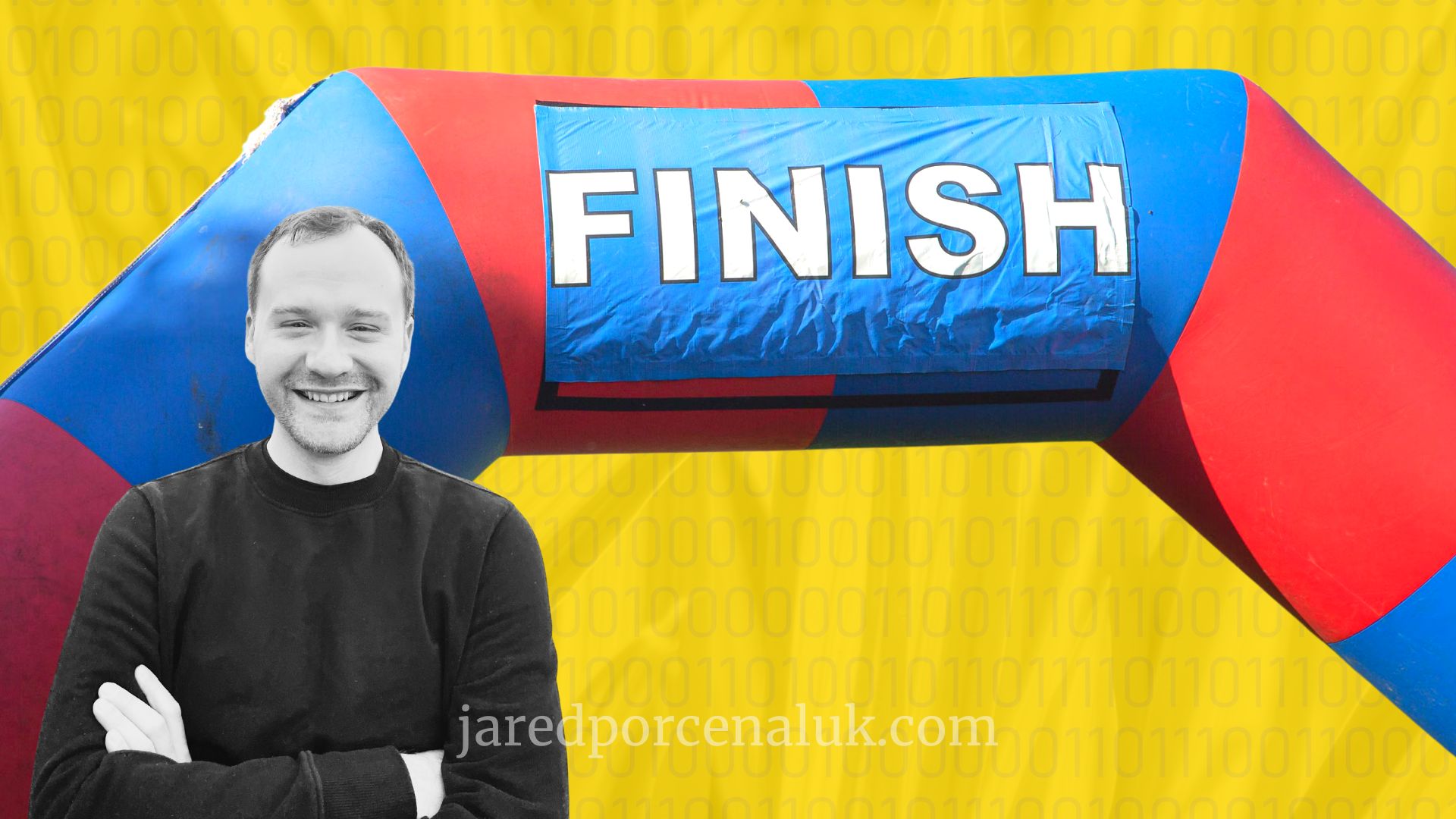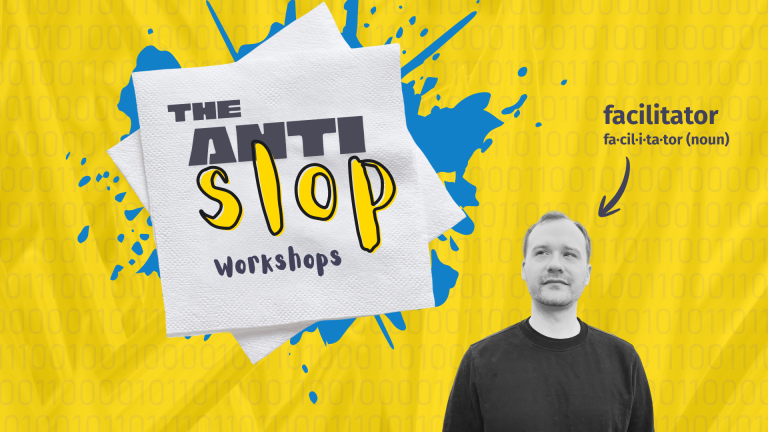“Genuine question, is how many of those people in the bootcamp actually push themselves to continue learning even after the class? How many of them continuously kept applying for jobs along with networking post bootcamp? I just want to put it out there that ultimately it depends on the person.”
– Reddit user Physics-Charming, ISA’s and a lot of bootcamps are usually a scam.
When I received my diploma after graduating college with a Radio/Television Production degree, I thought I had made it. The goal had been clear to me for four years: graduate. Once I had achieved the goal, I felt a bit like the fish at the end of Finding Nemo.

What I learned then was that real life begins after graduation is over. The same is true for coding bootcamps. It’s a monumental decision to attend a coding bootcamp, and to go through one typically involves grit and grappling with alien concepts that are challenging to grasp like while loops, recursion, and network latency.
The goal of graduating can make it feel like it’s the finish line. It isn’t the finish line, it’s just a mile marker along the way. Getting a job offer isn’t the finish line, either – it’s yet another mile marker. These are just steps along the way of a career marathon. It’s important to celebrate and reflect at each one a bit, but ultimately you must keep going.
I know it can feel like a relief to graduate and then, there’s that uncertainty about what’s next. The answer seems obvious: to go get a job. But how to do that doesn’t seem all that straightforward. That’s why I’ve written “The Coding Bootcamper’s Hiring Guide,” a 50+ page guide to help coding bootcamp graduates navigate the hiring process, avoid the pitfalls, find fulfilling jobs that matter, and ultimately get hired in them.

Leverage my ten years of software engineering experience to find a tech job that matters, get hired, and get paid what you deserve.
It’s all in my book, Handshake Protocol – the step-by-step guide to getting hired as a software engineer.
But you don’t need my 50+ page guide to know that graduation is just the beginning. After graduation, keep going. Apply to companies, keep learning, keep doing side projects, keep telling other people that you’re a software engineer until someone listens. You can do it. Getting into software engineering isn’t easy, but I can tell you from the other side it’s worth it.



